Numbers Chapters 12 Bible Teaching
The teaching summary contrasts hedonism with true contentment, highlights altruism's role in happiness, and explores Moses' leadership, familial conflicts, and divine communication.
The teaching summary contrasts hedonism with true contentment, highlights altruism's role in happiness, and explores Moses' leadership, familial conflicts, and divine communication.
Murmuring leads to divine punishment; Moses shares leadership with 70 elders; emphasis on faith, obedience, genuine leadership, spiritual authority, and open ministry.
Purification of Levites, First Passover, God's guidance via cloud/fire, balance freewill with faith, patience, spiritual growth, Moses' leadership, quail/plague warning.
Numbers details Israelite census, tribal organization, Levite duties, and camp arrangements. It covers the Levites' priestly role, the Rite of Jealousy, and Nazarite vows.
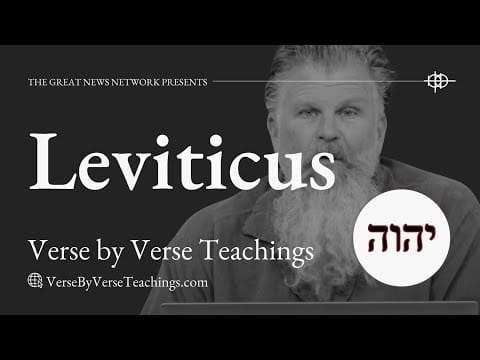
Shawn's teachings focus on Leviticus 21's priestly purity, the shift from Old to New Covenant through Christ, Sabbath's spiritual rest, and freedom from strict observance.
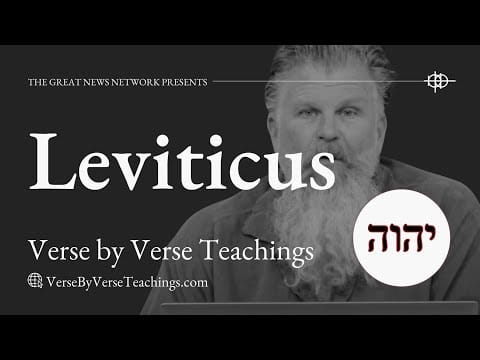
Shawn's teaching on Leviticus 19-20 highlights holiness through faith, the impossibility of fully obeying the law, and the importance of love, purity, and community integrity.
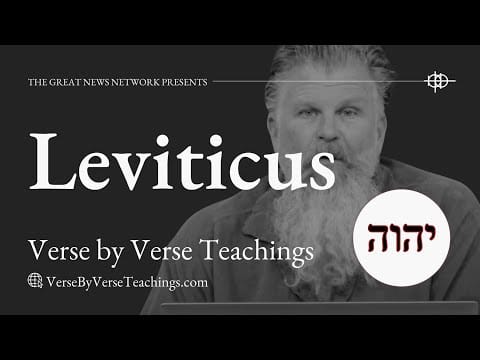
Leviticus 18 warns Israelites against adopting pagan immorality, emphasizing purity. Warfare rules included peace offers, but Canaanites faced destruction to prevent sin. Christ's advent brought moral progress, replacing old laws with love. Saul's failure with Amalekites led to future conflicts. Spiritual transformation now guides believers. Shawn highlights love's power in dark times.
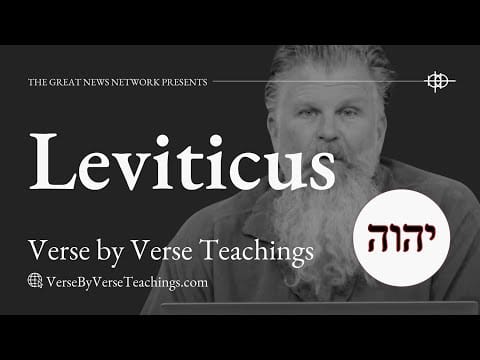
Shawn's teaching highlights Leviticus principles, focusing on personal dietary choices, spiritual growth, and biblical deontology, contrasting with Kant's ethics, emphasizing love.
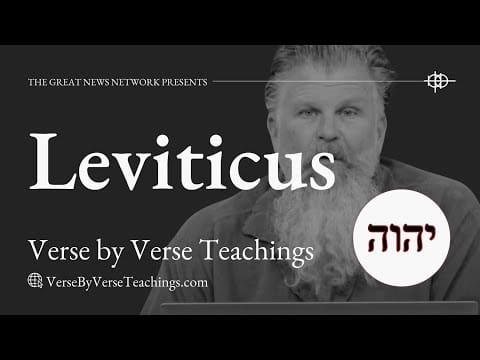
Leviticus 1-10 outlines sacrificial atonement, foreshadowing Christ's eternal sacrifice. Shawn contrasts temporary animal sacrifices with Jesus' perfect atonement, emphasizing transformation through faith and the Holy Spirit's purifying power.
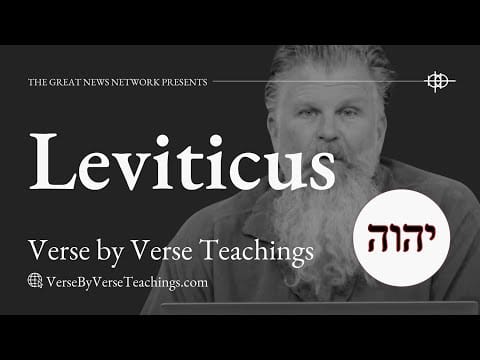
Leviticus focuses on laws for Levites, origins of sacrifices, transition from patriarchal to Levitical priesthood, symbolic fulfillment in Christ, and spiritual sacrifice.
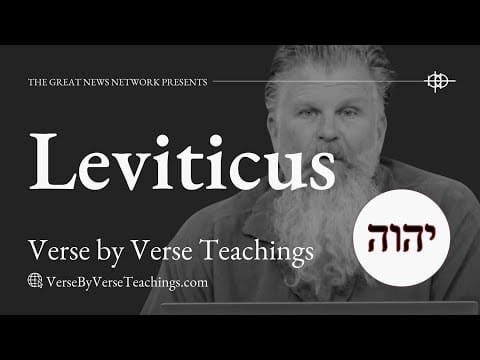
Teaching emphasizes spiritual maturity, balancing faith with life appreciation, rejecting escapism, serving others, and living joyfully, inspired by Apostle Paul's writings.
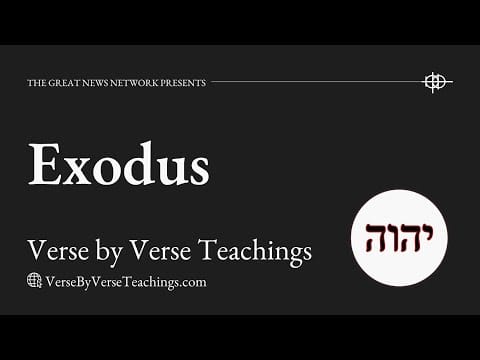
Exodus 33-40: God's guidance to the promised land, tabernacle construction, Moses' direct communication with God, emphasis on obedience, divine presence, and covenant renewal.
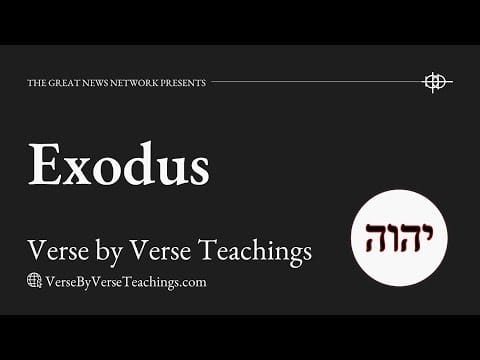
Script currently unavailable.
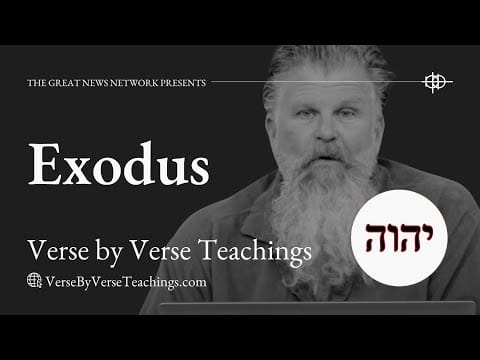
Script currently unavailable.
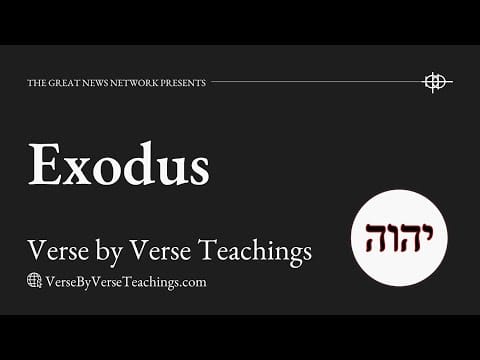
Shawn teaches that Christ's birth celebrates selfless sacrifice, emphasizing genuine giving and a deep relationship with God. He challenges Trinitarian views, highlighting monotheism and Jesus's distinct role, focusing on scriptural interpretations and the true meaning of divine sacrifice.
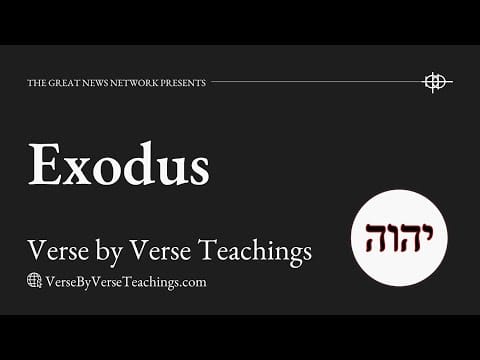
Shawn challenges the Trinity, proposing a duality in God's nature, emphasizing unity in pairs (e.g., male/female, heaven/earth) and advocating for scriptural and personal insight.
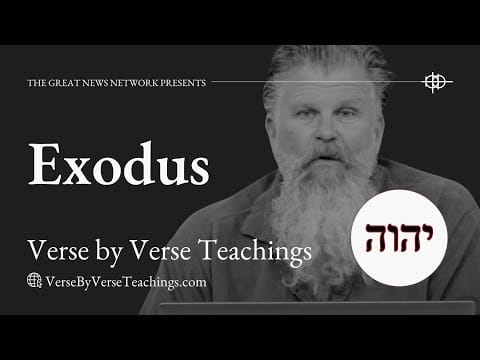
Shawn's teaching emphasizes mining scripture for truth, focusing on God's name "Yahavah" over traditional "YHWH," critiquing the Masoretic Text, and valuing the Septuagint.
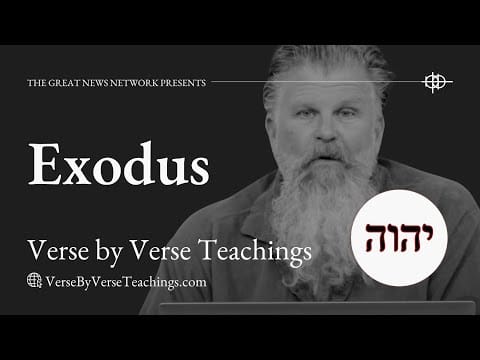
Moses' anger at idolatry, righteous indignation, managing anger biblically, expressing pain to God, Book of Life's significance, spiritual revival, and community engagement.
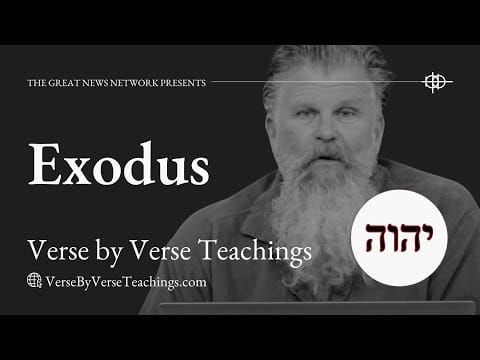
Moses interceded for Israel's idolatry, showing God's mercy. God adapts to repentance, balancing justice and mercy. Emotions should align with God's will, not lead.
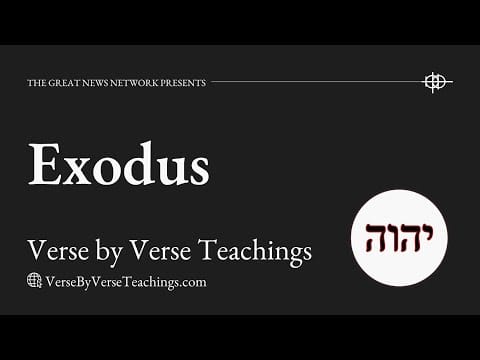
Shawn's teaching emphasizes rejecting idolatry, valuing humility over personal strength, and understanding God's power through weakness. He contrasts worldly success with spiritual submission, highlights the transition from Mosaic Law to Christ's covenant, and explores biblical prophecies and apocalyptic language. Yeshua's rejection of worldly power and the persecution of his followers are central themes.
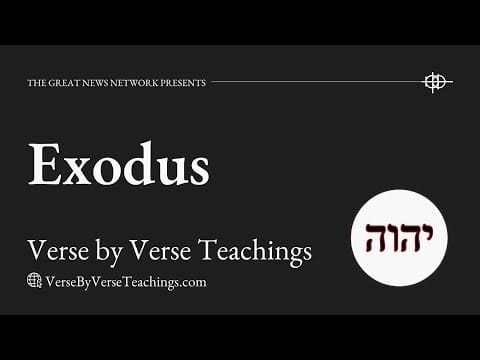
Yeshua teaches freedom from the Law, guided by the Spirit, while avoiding offense. Shawn highlights idolatry's dangers, emphasizing faith over rituals and materialism.
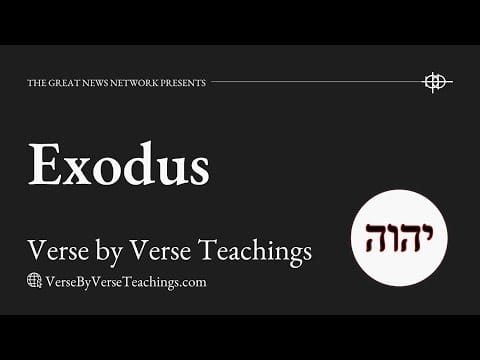
Exodus 29:42-46 highlights divine sanctification over human effort. God's presence transitions from Eden to Jesus, offering universal justification and spiritual growth through faith.
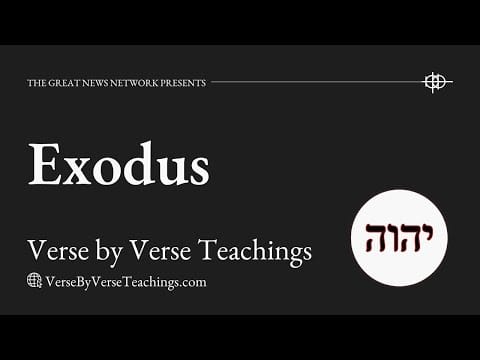
Shawn's teaching emphasizes questioning religious traditions, studying scriptures, and understanding the symbolism of the breastplate of judgment and its stones, Urim, and Thummim.
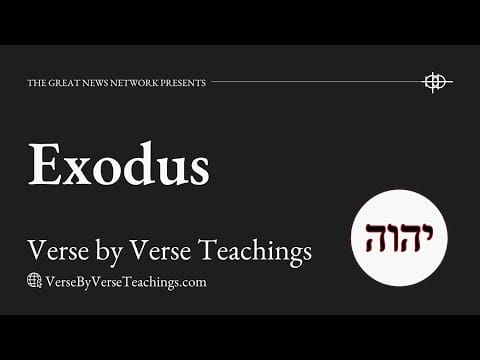
The teaching highlights biblical encounters with God through visions, the role of Yeshua, creativity in worship, Aaron's priestly garments, and the sanctity of life.
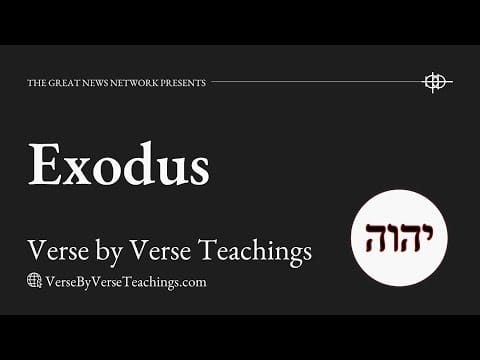
Shawn's teaching highlights blood's biblical significance, symbolizing life and atonement. Christ's sacrifice ends rituals, emphasizing faith, love, and spiritual transformation.
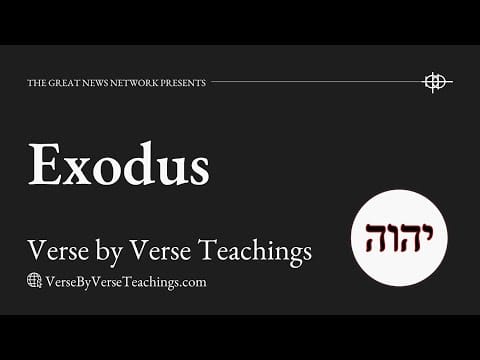
Shawn's teaching highlights the fear of God's holiness at Sinai, contrasts fright with reverent fear, emphasizes obedience to God's laws, and discusses covenant rituals and Israel's spiritual failures.
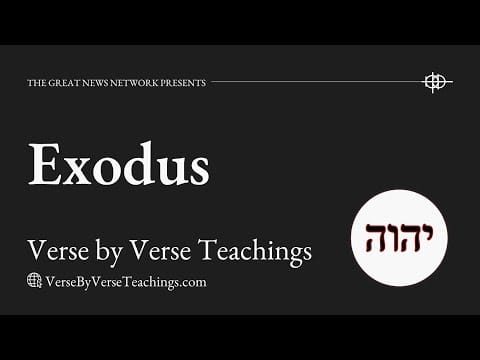
The Ten Commandments, or "Ten Words," are historical directives for Israelites, not a modern checklist. Emphasize grace, love, and spiritual principles over legalism.
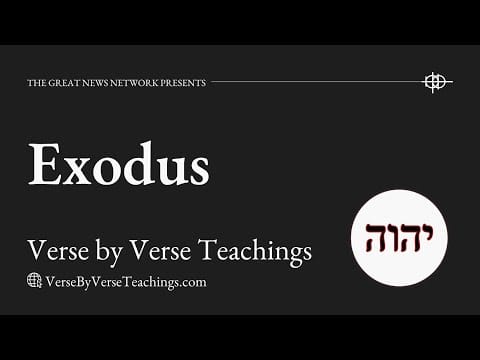
Shawn's teaching covers Exodus 16-19, highlighting divine provision, obedience, and spiritual transition from Israel's material focus to a spiritual covenant through Jesus.
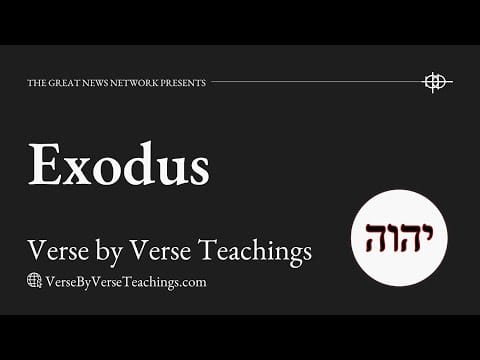
Shawn's teaching highlights the plagues as spiritual decline, dedication of firstborns, internalizing God's commandments, faith in adversity, genuine communication with God, and avoiding idolatry.
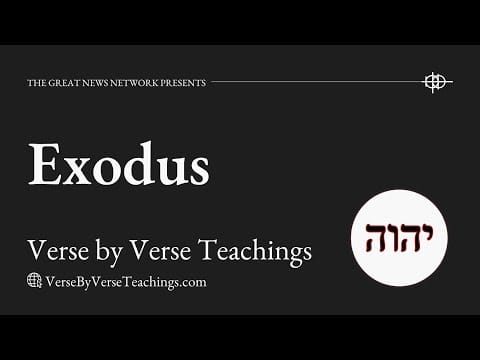
Teaching on Exodus 7:14-25 at Salt Lake City Yeshuan Branch highlights plagues, symbolism of water/blood, frogs, parallels with Revelation, Passover, free will, and unity.